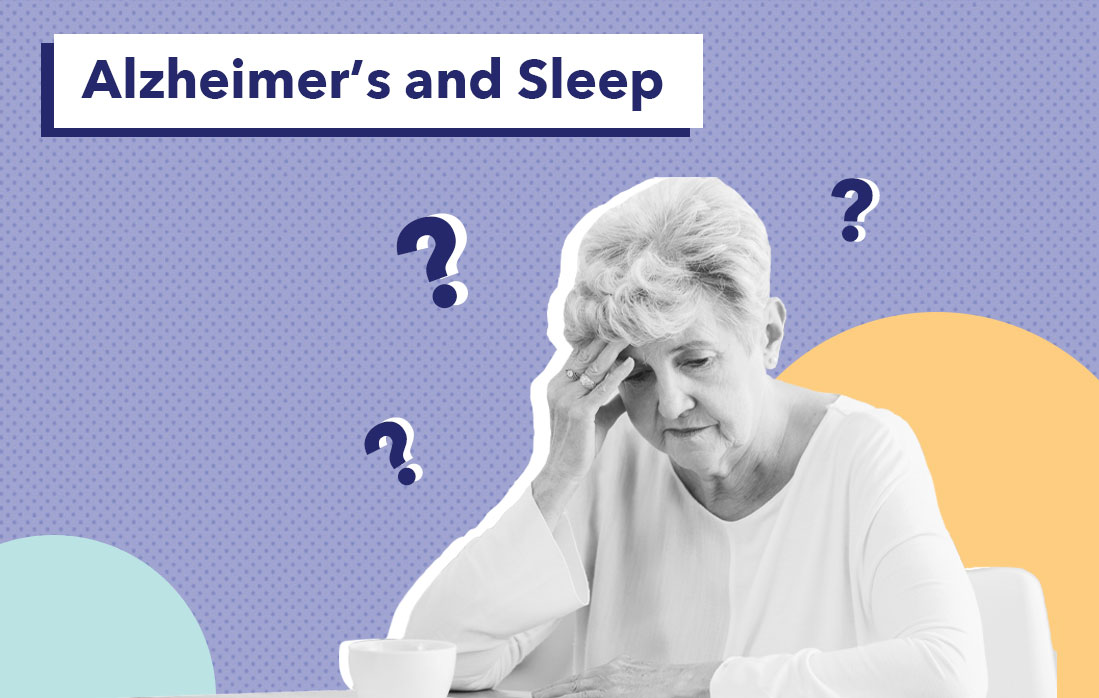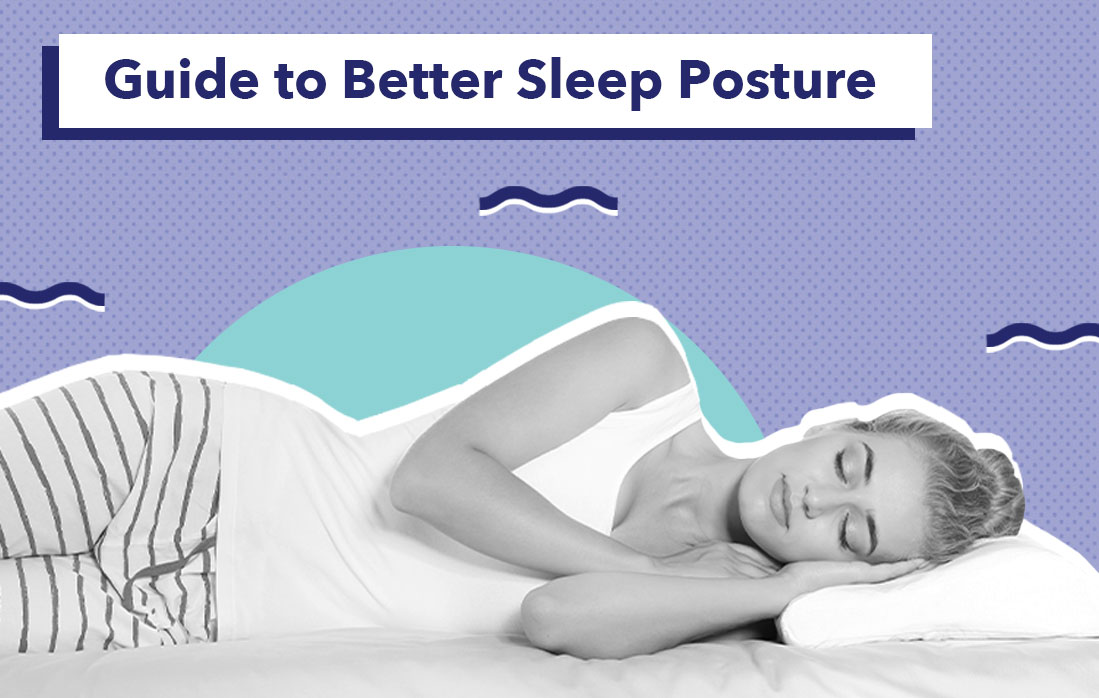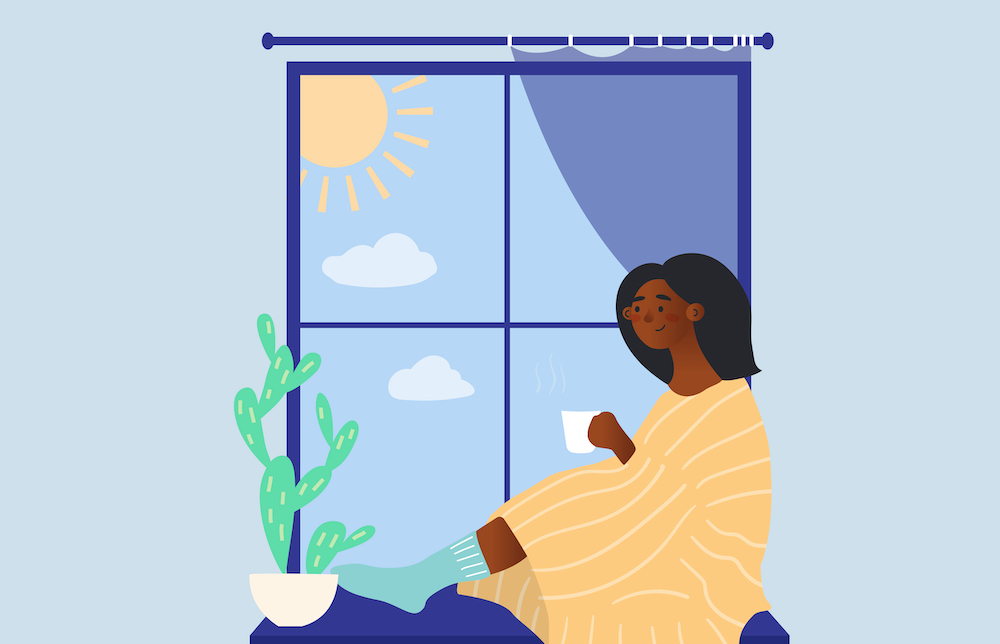
A new study, published in the journal Neurology, found a connection between irregular sleep schedules and an increased risk of dementia (1). The study, published on December 13, aimed to assess the connection between consistency in sleep-wake patterns and the risk of dementia as well as some other brain changes.
Dr. Mitchell Clionsky, a board-certified clinical neuropsychologist based in Massachusetts explains that the “authors already knew, from previous studies, that sleep duration (both too little and too much sleep) increased the risks for cardiovascular and cardiometabolic disorders (hypertension and diabetes) and dementia, as did sleep-disordered breathing or sleep apnea. What they wanted to find out was whether the regularity of sleep played a role.”
The study draws data from over 88,000 individuals in the United Kingdom’s Biobank. Participants had an average age of 62. For seven days, the participants wore wrist accelerometers to determine the probability of them being asleep or awake at any two time points 24 hours apart. If the participants fell asleep at the same time every day and woke up at the same time every day, they would receive a sleep regularity score of 100. The higher the score, the more regular the sleep pattern and vice versa.
One of the study’s authors, Matthew Paul Pase, PhD of Monash University in Melbourne Australia said in a press release that, “Sleep health recommendations often focus on getting the recommended amount of sleep, which is seven to nine hours a night, but there is less emphasis on maintaining regular sleep schedules.” He continued, “Our findings suggest the regularity of a person’s sleep is an important factor when considering a person’s risk of dementia.”
Researchers adjusted for a number of factors like age, sex, and genetic disposition to Alzheimer’s and found that those with the worst sleep regularity scores (i.e. the lowest fifth percentile) were 53 percent more likely to develop compared with individuals with more regular sleep patterns.
Clionsky says, “They did not seem surprised by this finding, nor was I, because it makes sense that variabilities in sleep and wakefulness could reflect sleep impairments, poor sleep hygiene, psychiatric conditions such as anxiety and depression, pain conditions, and other factors that could disrupt circadian rhythms and the regularity of going through each of the five stages of sleep.”
Interestingly, researchers also noticed that at a certain point, sleep regularity ceased to further reduce dementia risk. In other words, individuals just needed to have average sleep regularity and not necessarily have a near perfect score.
While there are still unanswered questions regarding sleep patterns and dementia, this study shows the connection between restful sleep and overall brain health. Clionsky says, “From a personal-professional perspective, I see more than 500 patients every year for neurocognitive evaluation relative to mild cognitive impairment and dementia. I always ask, in depth, about sleep, including trouble falling asleep, waking during the night, getting up before they really want to in the morning, whether they snore, how many times they have to urinate (nocturia), what kind of energy do they have when they get up, and if they nap intentionally or doze unintentionally during the day or evening.”
He adds, “I make a great many referrals, based on their answers, to sleep medicine professionals. Four out of five times these patients come back with a diagnosis of sleep apnea, which when treated effectively, provides great benefits in energy, sleep continuity, bed partner approval (no snoring), and daytime energy.” Clionsky says his patients often see improved concentration and memory after beginning treatment with a CPAP machine. This can ultimately lead to a lower risk of dementia.
For anyone interested in improving their sleep routine, Clionsky has some recommendations. He says it’s important to focus on getting the appropriate amount of sleep (6-9 hours per night), adopt good sleep hygiene habits, exercise regularly, and limit blue light stimulation close to bedtime. As this study shows, you don’t have to strive for perfection, but maintaining sleep regularity is key for long-term cognitive health.

Could Frequent Nightmares Predict Your Risk For Dementia?

A Caregiver’s Guide to Alzheimer’s and Sleep

Guide to Better Sleep Posture

Can The Circadian Rhythm Be Changed?
Sources
1. Stephanie R. Yiallourou, Lachlan Cribb, MEPi, Marina G. Cavuoto, Ella Rowsthorn, Jessica Nicolazzo, Madeline Gibson, Andrée-Ann Baril, and Matthew P. Pase; “Association of the Sleep Regularity Index With Incident Dementia and Brain Volume,” Neurology; https://www.neurology.org/doi/10.1212/WNL.0000000000208029; December 13, 2024.
Clionsky, Mitchell; Author interview. December 2024.